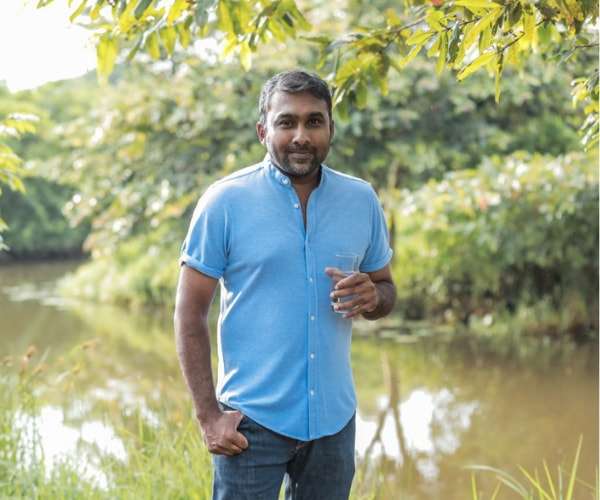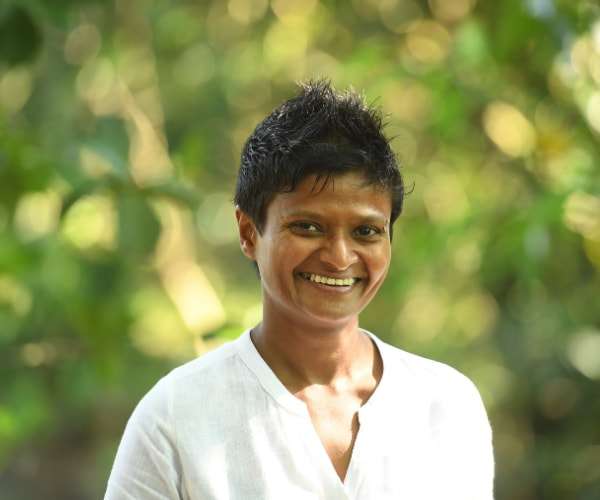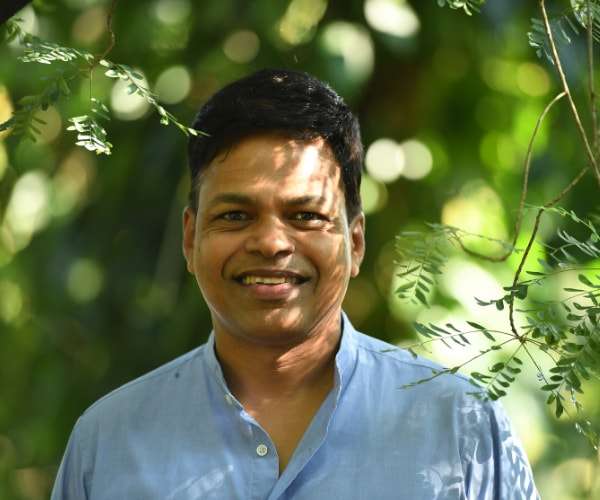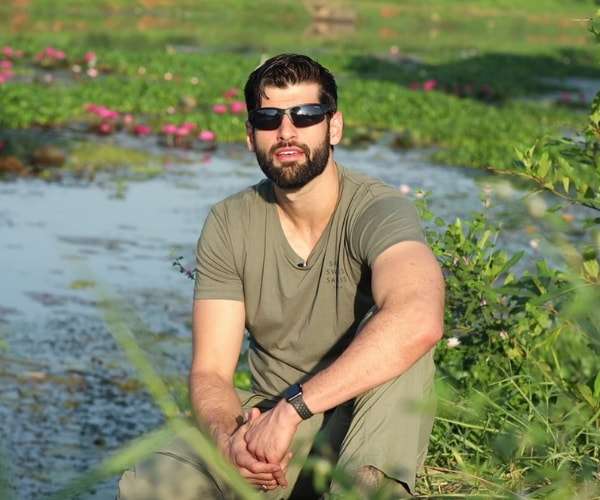
Nov 17 2020.
views 268Featuring some of Sri Lanka’s prominent sportsmen as well as celebrities, WNPS hopes to spark an all-important dialogue amongst the country’s citizens; a dialogue which will hopefully lead to change.
2020 has indeed been an extraordinary year. The current global pandemic arising from a zoonotic virus has brought entire countries and economies to their knees. Most see it as a wake-up call to humanity to realise the irrevocable damage being caused by the Anthropocene era.
In Sri Lanka, extreme weather conditions such as extended droughts and monsoons have led to increased incidence of flooding and landslides. Escalating human-wildlife conflict involving some of Sri Lanka’s most iconic and endangered wildlife species; such as elephant and leopard as well as the prevailing Covid-19 pandemic are all warning signs that human beings have pushed Mother Nature to the brink. Sri Lanka’s forests, lakes, rivers and functioning eco-systems which have survived over millennia are under stress from unsustainable human activities.
Sri Lanka has one of the highest recorded rates of primary forest destruction in the world. Sri Lanka has lost its closed-canopy forest cover from about 84% in 1881 to about 26.6% in 2010 due to conversion of forests to other types of land use, such as human settlements, plantation crops and agricultural activities. (MoMDE, 2019).
Currently primary forest cover is less than 17%, and environmentalists claim Sri Lanka loses on average 8,000 hectares (almost 20,000 acres) each year to deforestation. This has a snowball effect not only on the country’s weather and rain patterns but also on our bio-diversity and issues such as the human-wildlife conflict. Increasing habitat alteration and fragmentation has led to Sri Lanka having the highest human-elephant-conflict (HEC) in the world. In 2019 alone 407 elephants and 122 humans were killed due to the country’s worsening HEC.
Conservationists, activists and environmentalists are on a never-ending protest against the rampant destruction of Sri Lanka’s precious natural heritage, which appears to go on unabated regardless of the Covid-19 pandemic. Sadly, the environment seems to be falling lower and lower in the country’s priority list.
Emerging from a 30-year civil war with one of Asia’s fastest-growing economies, Sri Lanka has a lot to be proud of. However, we must not allow economic development to come at the cost of environmental sustainability, as without a healthy environment none of us can look forward to a livable future in this country.
It is now more important than ever before to protect Sri Lanka’s environment as well as her rich biodiversity. It is clearer than daylight that our futures on this planet are intrinsically linked to the future of the natural world. When we destroy nature, we are destroying our selves... and any viable future we leave behind for our future generations. It is time we celebrate our biodiversity and took bold steps to safeguard everything than mother nature has so graciously blessed us with.
The WNPS Conservation Ambassadors were carefully chosen for their commitment not only to their chosen professions but also towards environmental protection and sustainability:
Mahela Jayawardena

“The wildlife can’t speak so they are unable to speak up for their rights, neither can they vote! As the guardians of the land and the more evolved and intelligent species, we have a duty to protect them and protect their natural habitats. They were here before us; we must never forget that. So please stop destroying forests and wildlife habitats.”
Jayanthi Kuru-Utumpala

“Sri Lanka has so much amazing biodiversity in such a small country. We have amazing rivers, lakes, beaches, forests, wildlife parks, animals – tourists come from all over the world to see our amazing natural heritage. But what are we doing with our beautiful country? We have polluted our beautiful home with so much rubbish and litter. We are choking our wildlife with plastic bags and other rubbish. Is this what we really want? Only we can stop this.”
Johann Peries

“Our nature, our water, our air – this all depends on us. Our beautiful biodiversity is being destroyed by no one else but us. It is our duty to protect and to take on the responsibility of protecting our environment and nature.”
Dr Adam Flamer-Caldera

“ Sri Lanka’s most valuable resource is its wildlife. I was fortunate enough to grow up in an environment where I was exposed to wildlife and the importance of its conservation from a young age. Now Sri Lanka’s youth can get involved with the WNPS Youth Wing; which is teaching our kids the vital importance of protecting our wildlife”
The Sri Lankan Constitution states under Article 28 (f) that it is our duty to protect nature and conserve its riches. This fundamental duty imposed on every citizen is not only to “protect” the environment from any kind of pollution but also to “improve” and leave it in a better state than we found, for our future generations.
There is something that each and every one of us can do to safeguard Sri Lanka’s forests and biodiversity, from planting a tree in your backyard and picking up trash at your local beach to raising funds for conservation projects and raising your voice against environmental destruction and even making a personal decision to stop using single-use plastics – every single action matters.
Get involved if you too believe we should stand together to protect Sri Lanka’s forests, wildlife and biodiversity.
“Your deepest roots are in nature. No matter who you are, where you live, or what kind of life you lead, you remain irrevocably linked with the rest of creation.” - Charles Cook
0 Comments